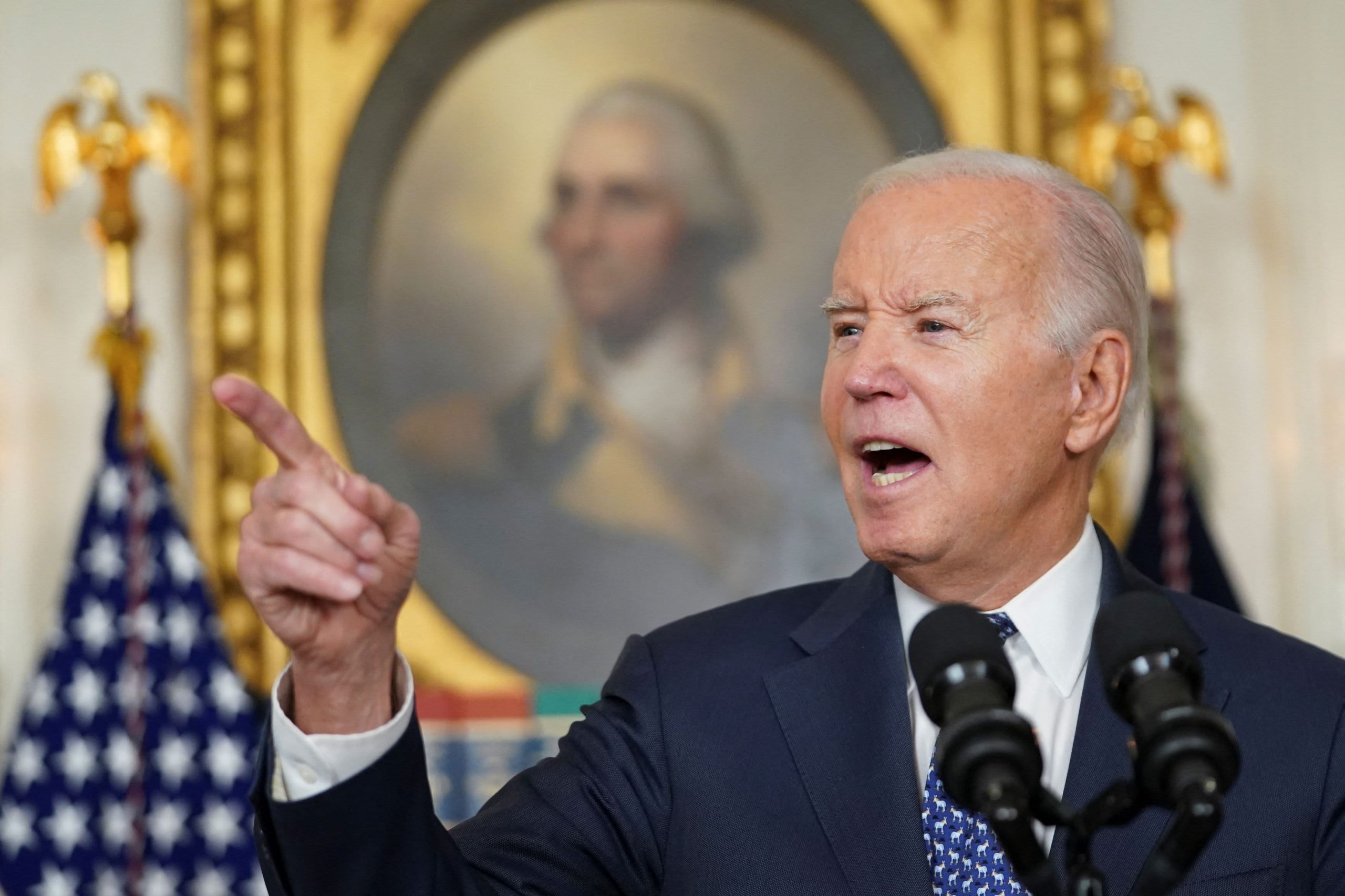In a closed-door meeting with Arab American and Muslim leaders in Michigan, Deputy National Security Adviser Jon Finer acknowledged shortcomings in the Biden administration’s communication regarding the ongoing conflict between Israel and Gaza.
He expressed regret over the administration’s failure to adequately convey the value placed on Palestinian lives. Finer also recognized a perceived lack of empathy from President Biden towards Palestinians in Gaza and the West Bank. The audio recording of Finer’s remarks was verified by a National Security Council official.
Connecticut Senator Chris Murphy responded to Finer’s comments, indicating that the administration plans to make changes. He highlighted President Biden’s recent statement criticizing Israel’s actions in Gaza and Secretary of State Antony Blinken’s call for respectful treatment of civilians.

Finer admitted specific missteps, including the failure to condemn inflammatory remarks by Israeli Defense Minister Yoav Gallant and a statement that overlooked Palestinian civilian casualties.
The meeting with community leaders in Michigan marked the administration’s first direct engagement on the Israel-Hamas conflict in the state.
It was part of broader efforts to connect with Arab and Muslim voters across the country, particularly in critical swing states like Michigan, which has a sizable Arab American population. The Biden administration has pursued various channels of outreach to this demographic, including through Vice President Kamala Harris.
Despite expressing concerns about the current Israeli government’s commitment to a two-state solution, the Biden administration continues to support Israel with both words and aid.
This support contrasts with growing criticism from the American public, with half of Americans polled believing Israel’s actions in Gaza have gone too far. National Security Advisor Jake Sullivan emphasized that U.S. policy towards the Middle East is based on national security interests rather than political considerations.
The administration’s shift towards acknowledging mistakes coincides with ongoing tensions between the U.S. and Israel. President Biden urged Israeli Prime Minister Netanyahu to avoid a military operation in southern Gaza without a credible plan to protect civilians.
The crisis, sparked by a Hamas attack in October, has resulted in significant casualties and raised questions about the methods employed by both parties in the conflict.
In conclusion, the Biden administration’s admission of communication failures and its efforts to reassess its approach to the Israel-Gaza conflict reflects a broader recognition of the complexities and challenges involved.
As the situation continues to evolve, the administration faces the delicate task of balancing support for Israel with concerns for Palestinian welfare and regional stability.

